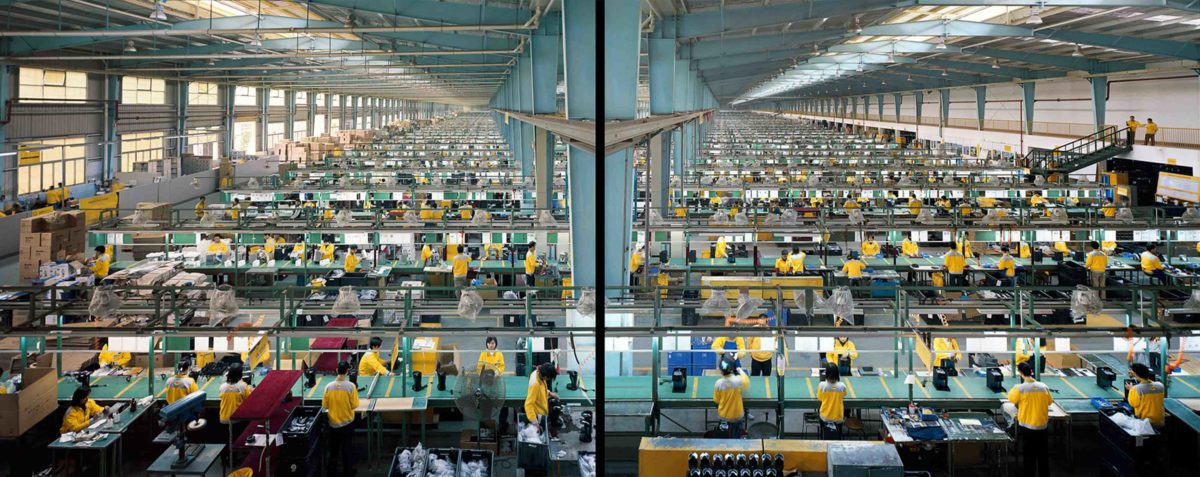The supply chain is no longer a back-office function that consumers have never heard of. Over the past ten years, it’s taken on a more forward-facing role that’s a competitive differentiator and part of the corporate business model. A growing number of companies are working to improve the ethical responsibility of their supply chains through open communication and transparency.
So, what makes a supply chain responsible?
Supply chains can be extremely complex, with dozens, even hundreds of providers making up a company’s total network. Recent years have seen a push for companies to improve their supply chain transparency so that businesses and consumers alike can know where a product is coming from and how it’s produced.
Supply chain management is key to ensuring a company’s supply chain is taking responsibility for its social impacts. A company should strive for understanding the entirety of a supply chain so it can increase its agency on how their products and services are procured.
A responsible supply chain particularly focuses on:
- Eliminating child and slave labor
- Safe and hygienic working conditions
- Fair pay and working hours
- Anti-bribery and corruption
- Ethical sourcing and procurement
- Environmental awareness and sustainability
To achieve this, there are many actions that need to be taken to move towards a more responsible supply chain, including simplifying processes, efficient planning, and visibility into supplier actions.
At the heart of delivering a responsible supply chain is information. An organization must be able to access information on their suppliers and their activities. They must also be able to make that information accessible to partners and customers. Key areas such as workers’ contracts and conditions, the provenance of materials, environmental performance and financial process need to be able to be monitored, and organizations need to be able to identify any supplier breaches of their ethical policies and take remedial actions quickly.

Socially responsible supply chain management can help create, protect, and grow long-term environmental, social, and economic value for stakeholders along a company’s value chain. By implementing socially responsible supply chain practices, companies can protect the long-term viability of their business and secure a social license to operate. That said, the ethical supply chain is an evolving practice, rather than a one-and-done event. There is clearly more work to be done, but the key to success is getting in the game for the long haul.
Sources:
https://hbr.org/2020/03/a-more-sustainable-supply-chain
What is the ethical supply chain?
Does a “Responsible Supply Chain” Mean a Sustainable One?



